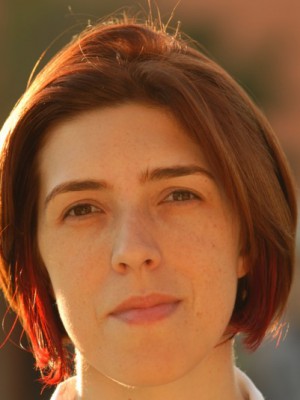abstract
During tumorigenesis, breast tumour cells undergo metabolic reprogramming, which generally includes enhanced glycolysis, tricarboxylic acid cycle activity, glutaminolysis and fatty acid biosynthesis. However, the extension and functional importance of these metabolic alterations may diverge not only according to breast cancer subtypes, but also depending on the interaction of cancer cells with the complex surrounding microenvironment. This microenvironment comprises a variety of non-cancerous cells, such as immune cells (e.g. macrophages, lymphocytes, natural killer cells), fibroblasts, adipocytes and endothelial cells, together with extracellular matrix components and soluble factors, which influence cancer progression and are predictive of clinical outcome. The continuous interaction between cancer and stromal cells results in metabolic competition and symbiosis, with oncogenicdriven metabolic reprogramming of cancer cells shaping the metabolism of neighbouring cells and vice versa. This review addresses current knowledge on this metabolic crosstalk within the breast tumour microenvironment (TME). Improved understanding of how metabolism in the TME modulates cancer development and evasion of tumour-suppressive mechanisms may provide clues for novel anticancer therapeutics directed to metabolic targets. (C) 2019 Elsevier Ltd. All rights reserved.
keywords
TUMOR-INFILTRATING LYMPHOCYTES; REGULATORY T-CELLS; GLUCOSE-METABOLISM; MOLECULAR SUBTYPE; PROGNOSTIC VALUE; GENE-EXPRESSION; DENDRITIC CELLS; LACTIC-ACID; FIBROBLASTS; LACTATE
subject category
Oncology
authors
Dias, AS; Almeida, CR; Helguero, LA; Duarte, IF
our authors
acknowledgements
This work was developed in the scope of the project CICECO-Aveiro Institute of Materials (Ref. UID/CTM/50011/2019), and iBiMED (Refs. UID/BIM/04501/2019 and POCI-01-0145-FEDER-007628), financed by national funds through the Portuguese Foundation for Science and Technology (FCT) and the Ministry of Science, Technology and Higher Education (MCTES). A.S.D. acknowledges the financial support from FCT through a PhD grant (Ref. SFRH/BD/140322/2018).


